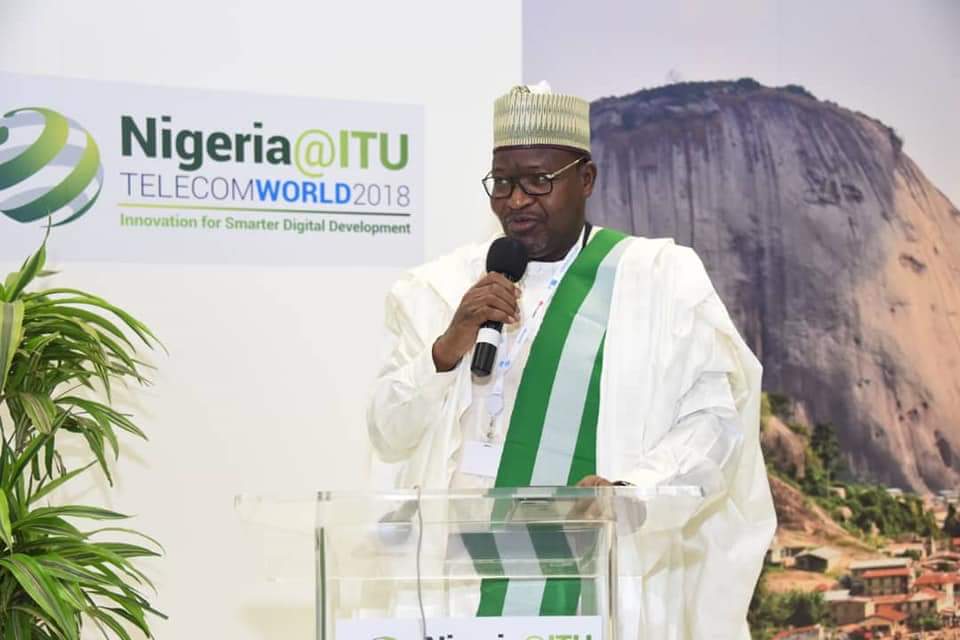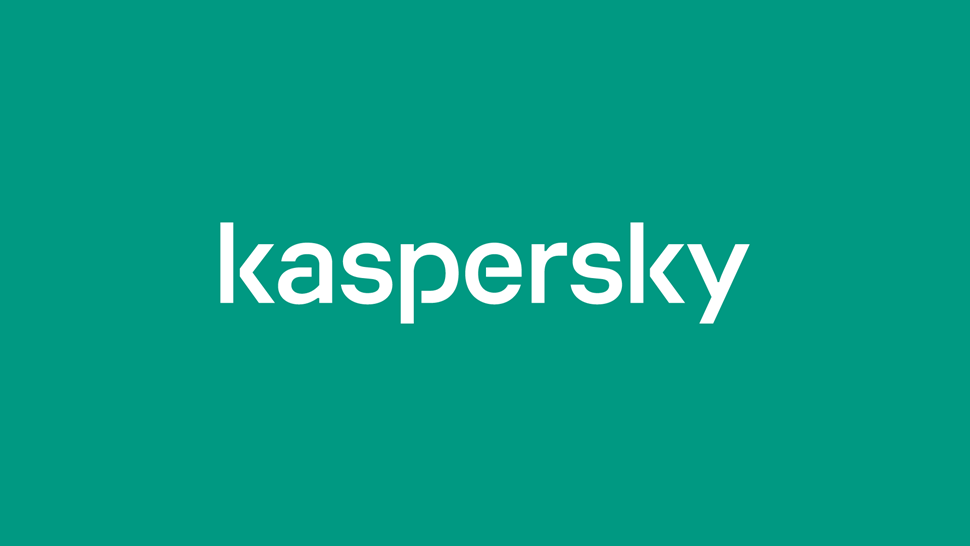Contrary to all the hypes so far disseminated by leading telecom networks across the Sub-Saharan Africa (SSA) including Nigeria, South Africa, Kenya, and other parts of Africa their deployment of 4G infrastructure, latest International Telecommunications Union (ITU) report on 2019 ICT Facts and Figures report show only penetration of 3G at 79 per cent.
The key revelation from the report only showed that the still dominant network technology is still 3G.
However, the ITU report agreed that within Asia and the Pacific, Europe, and the Americas, 3G or higher network probably 4G is nearing 95 per cent of the population.
Also, across the Arab states, ITU said 91 per cent of the population is covered by a 3G or higher network, while in the CIS region coverage is 88 per cent, followed by Africa at 79.5 per cent.
This means that 1G, 2G, and 4G networks control have the remaining 20.5 per cent coverage.
Explaining more in an interview, Head of Africa at GSMA, Akinwale Goodluck, hinted that in several parts of Africa, 3G is still penetrating with scanty presence of stretched 4G even though networks are working on improving relevant infrastructures.
Giving insights on why 4G is still at introductory stage in parts of Africa, recent GSMA Report Goodluck averred that “The ongoing prevalence of feature phones means 3G networks can support both voice services on these more basic devices, as well as data services on Smartphones. Unlike markets such as India where operators such as Reliance Jio have invested heavily in 4G, operators in SSA are taking a more cautious view on the move to 4G, and investing gradually.”
Another factor identified as driving scarcity of 4G in SSA is the relative scarcity of mobile broadband spectrum in the region as networks are being forced to refarm their 900MHz spectrum to offer mobile broadband services over 3G, rather than waiting for new spectrum auctions to build LTE networks.
Business Hilights recalls that since 2018, the Nigerian telecom regulator, NCC, had failed to auction many of the assured spectrums due to the sad experience it had in only auctioning only six slots of over 14 slots presented which were all taken by MTN Nigeria.
In a stakeholders’ meeting in Lagos shortly after the spectrum auctioning round, operators blamed NCC for only targeting deep pocket investors rather than coming up with strategies that will encourage both deep pockets and emerging networks for better results.









